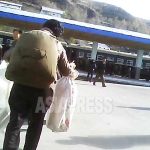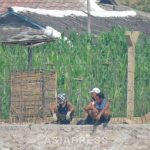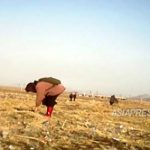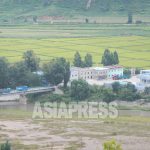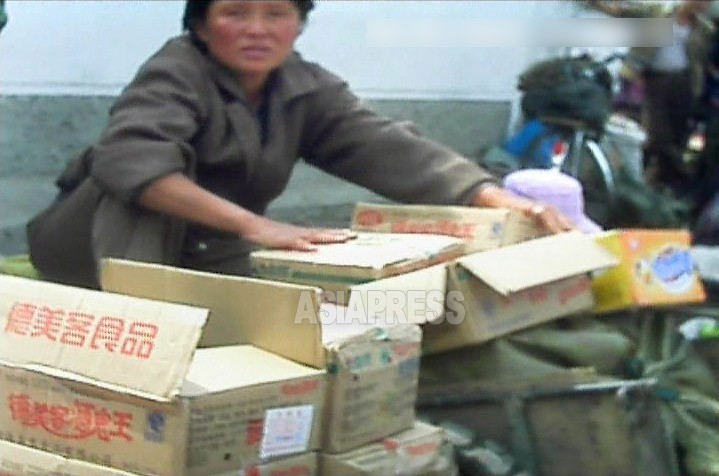
◆ Conflicts with the authorities over “non-refundable” goods
With the government’s “self-regenerative” efforts, food produced in local factories is distributed to state-run shops overseen by administrative commercial management offices. Market traders, in turn, visit the factories and state-run shops to directly buy goods wholesale. As there are no Chinese-made goods to compete with at the markets, the domestically-produced goods are said to be selling well.
With the recent fall in the quality of domestically-produced food, trust in North Korean food has reached a significant low. If consumers ask for refunds or exchanges, the commercial management offices only turn them away by saying, “There was no problem with the product at the time of sale.”
According to the reporting partner, “there is a regulation that all defective products must be disposed of and expired food used as feed for livestock. State-run stores, however, are secretly selling spoiled food to poor people at half-price. It is also said that more and more people are trying to sell home-made alcohol and discarded food. Expired bread, for example, is sold at 5,000-6,000 won per kilogram.”
※1,000 North Korean won is worth approximately 0.11 USD
※ ASIAPRESS contacts its reporting partners in North Korea through smuggled Chinese mobile phones.
- <Inside N. Korea> Cleaning Out: Markets Temporarily Close for Massive Disinfection Campaign (2020-05-22 10:13:33)
- <Inside N. Korea> COVID-19 Countermeasures Ban Soldiers from Leaving Bases, Leading to Widespread Malnourishment (2020-05-18 14:14:00)
- <Inside N. Korea> Rising Prices, Rising Tensions: Merchants Confront Police in Protest over Regime’s Market Regulations (2020-05-11 18:22:33)
- <N. Korea Pro Report (Part 4)> How is N. Korea’s Economy Faring in the Face of the Coronavirus Pandemic and Continued Sanctions? A Look at the Exploitation of Women Working Overseas (2020-05-08 18:42:47)
- <Kim Jong-un Regime> Cash Grab: Dictator Orders Crackdown to Confiscate Foreign Currency During Coronavirus Trade Crash (2020-05-07 10:43:33)
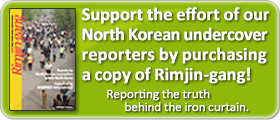 Editor’s notes on North Korean reporters
Editor’s notes on North Korean reporters
ALL REPORTS >>>
ARCHIVE(pdf) >>
DPRK MAP >>
